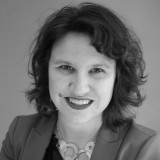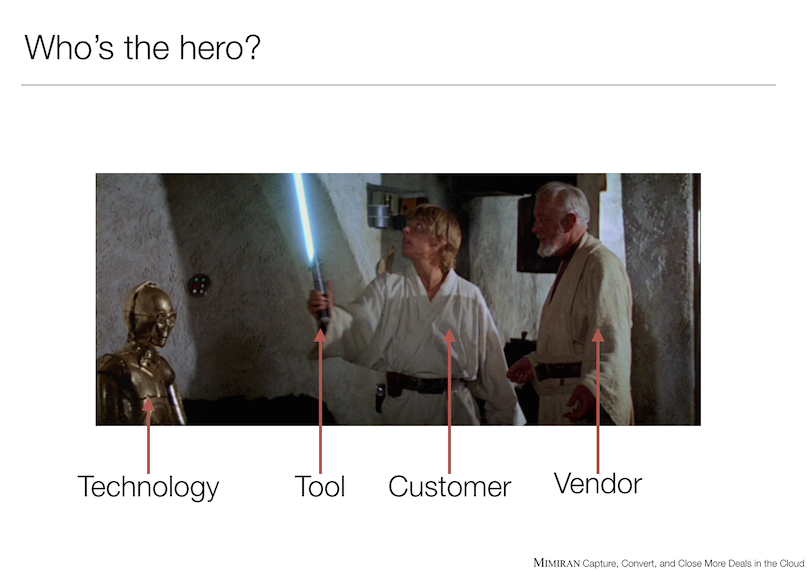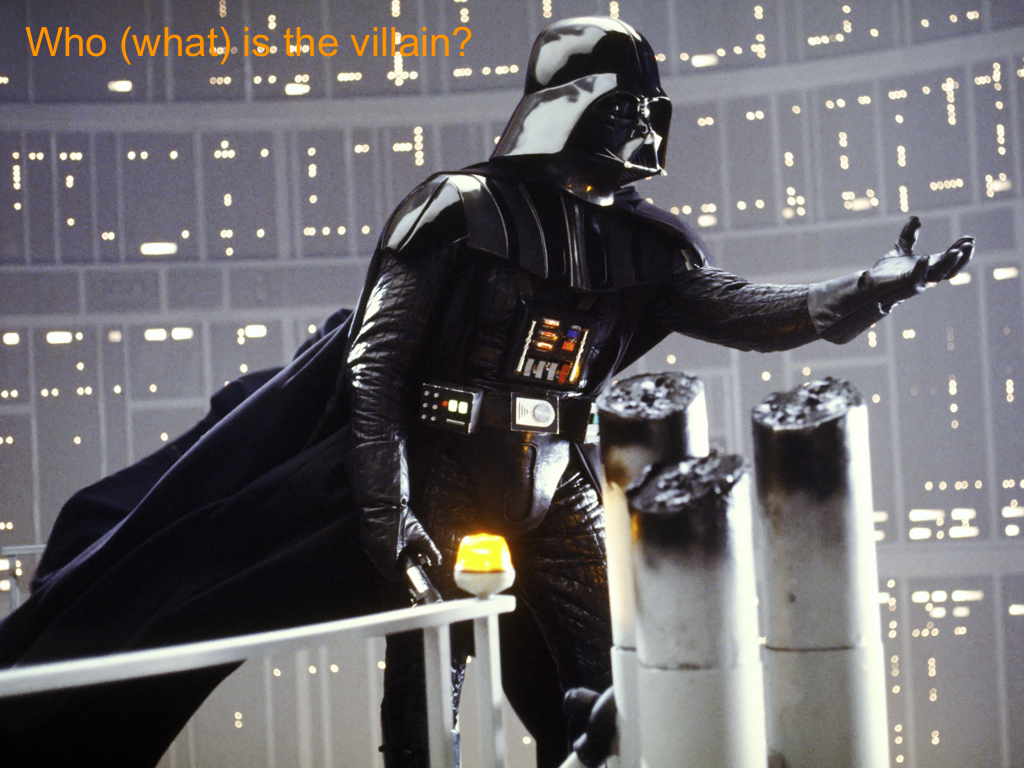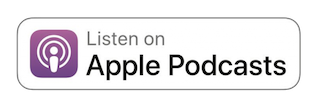
Who’s better at telling the story of what you do for your clients than your clients? Social proof is a huge boost to trust and sales. (Do you want to go to an unknown restaurant, or one recommended by a friend?)
Meg Cumby started out in journalism, worked in government communications, and started freelancing (not on purpose). She realized the need that other consultants had to gather and edit testimonials and case studies. Meg attended a freelancing conference, and was talking to another attendee about the trouble with getting testimonials. Meg wanted to interview, as she did in journalism, not just write. However, initially Meg thought there wasn’t a market here.
The focus on testimonials didn’t happen overnight. Meg knew she had something during a group coaching session with Kai Davis, and another freelancer vented about how hard it was to get testimonials.
Meg tried to just have more conversations and notice when people get really interested and ask a lot of questions.
When she started consulting, her first clients came from past relationships.
When should you ask for a testimonial?
- When you’ve wrapped up a project or when they’ve seen results.
- After a big win in a long project.
In other words, when the client is going to be enthusiastic and able to talk about how you have helped.
Set the expectation from the beginning that you’ll do a wrap-up call for feedback and if there’s positive feedback, you may want to use some of that in a testimonial.
Meg recommends recording the call (she is a journalist, after all) and using a transcription service. Personally, I just take notes.
Video testimonials are even better– more compelling, but harder for you and the clients. It can get expensive to do this professionally, if that’s the expectation for your prospects. If you’re just getting started with testimonials, start with written testimonials. Don’t make it harder. (Meg has a ton of testimonials on her website, MegCumby.com, and they are all text.)
What makes an effective testimonial?
- It’s about the client, not you. (Sound familiar?) What challenges did they face and what results did they get?
- What objections or anxieties did they have before they hired you?
- Results and impact– why was this worthwhile?
How do you get testimonials?
Meg asks questions based on Sean D’Souza’s book The Brain Audit.

He has 6 questions, and Meg has massaged them for consulting and added some more.
- What was the challenge that led you to engage with me?
- What hesitations or concerns did you have before engaging with me?
- What made your choose to work with me?
- What did you find as a result of this project? (And why was that important?)
- What specific feature or benefit did you like most about the service you received?
- What are 2-3 other benefits?
- What could have improved or done better, even with the benefit of hindsight? (Makes it easier for the client to deliver negative feedback.)
- Would you recommend me to others?
- Why?
Editing Testimonials
The order of the questions should provide a natural flow. Make sure you surface the objection(s) and hesitation(s) to provide a more compelling testimonial. And use real names (and company and title for B2B, location for B2C) and pictures, if you can. Try to get more than one, but any testimonial is better than no testimonials. (Meg notes that she’s working on getting headshots for her testimonials because she’s having technical challenges with her website template.)
Include relevant testimonials in proposals.
Before all else, just get a testimonial up on your site. You can always improve, add more, add video, etc.
Kind of funny– I put this in the notes for John Livesay’s episode on storytelling, and they apply again here. 😉


The Wine
Meg is drinking Anciano Gran Reserva – 7 Years Tempranillo 2009.
I was enjoying Cooper Jaxson Pinot Noir from Loring Wine Company..
Where to find Meg…

Where you can find Reuben: @Sales4Nerds, @Mimiran, Mimiran.com (the easy CRM for people who are awesome at serving clients and would love some help getting more, but hate “selling”). You can also listen on Overcast, or Subscribe on Android, or Player.fm.
Also, if you can get a free “fill in the blank” hero proposal template. Remember, a proposal is a story, not a brochure.
If you’ve ever struggled with a proposal, check out the “official” Sales for Nerds online course on Sales Proposals the Right Way (coupon link for listeners).
Get alerted when there are new episodes (1x/month):